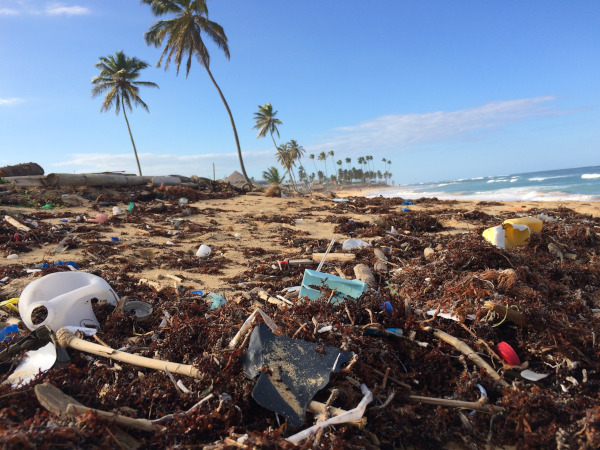As the examples may have demonstrated, it is often a question of different ways of “knowing” as to whether or not and how far we can designate something an environmental problem. While certain problems may still be unknown to us, we are still arguing about the definition of others. Especially the so called “wicked” environmental problems, such as the potential loss of genetic diversity, which leave us without feasible responses, mainly due to the problem that the issue itself is a matter of definition and scientific debate. Problems of definition and interpretation even arise when it comes to most fundamental issues: is nature to be perceived as a realm of human technical management and control or as a complex and unpredictable system, where interference may have catastrophic, and often irreversible, effects? Uncritical references to ‘scientific facts’ or even their politically motivated communication blur the borders between scientific and popular knowledge.
Aim of the task
The MEG program therefore intends not only to present to students a wide range of current social and environmental problems from various angles of social and natural sciences, but also seeks to encourage and sharpen their critical reflection on those ‘problems’ as well as on discussed concepts of governance arrangements.
